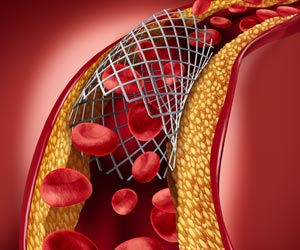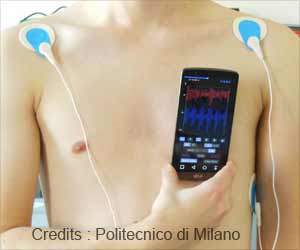Researchers at Wake Forest Baptist Medical Center have found that a new device can reduce the size and extent of damaged tissue in traumatic brain injury by preventing cell death.

Louis C. Argenta, M.D., and Michael Morykwas, Ph.D., professors in the Department of Plastic Surgery and Reconstructive Surgery, and a multidisciplinary team of colleagues at Wake Forest Baptist, have more than 15 years of experience working with negative pressure devices to successfully treat wounds and burns. In this study, the team used MTR to remove fluid and other toxins that cause cell death from an injury site deep in the brain.
When the brain is injured by blunt force, explosion or other trauma, the cells at the impact site are irreversibly damaged and die. In the area surrounding the wound, injured cells release toxic substances that cause the brain to swell and restrict blood flow and oxygen levels. This process results in more extensive cell death which affects brain function. Argenta and his team targeted these injured brain cells to determine if removing the fluid and toxic substances that lead to cell death could help improve survival of the damaged cells.
In the study, a bioengineered material matrix was placed directly on the injured area in the brain and attached to a flexible tube connected to a microcomputer vacuum pump. The pump delivered a carefully controlled vacuum to the injured brain for 72 hours drawing fluid from the injury site.
The brain injuries treated with the device showed a significant decrease in brain swelling and release of toxic substances when compared to untreated injuries. Brains treated with the device showed that over 50% more brain tissue could be preserved compared to nontreated animals. Behavioral function tests demonstrated that function was returned faster in the MTR treated group.
"We have been very gratified by the results thus far. This study demonstrates that by working together a multidisciplinary group of researchers can develop new technology that could be used one day at the hospital bedside," said Argenta.
Advertisement
"The Department of Defense has identified this as an area that is ripe for medical advancement," said study co-author Stephen B. Tatter, MD, Ph.D., professor of neurosurgery at Wake Forest Baptist Medical Center. "We believe it will soon be ready for a clinical trial."
Advertisement
Source-Eurekalert













